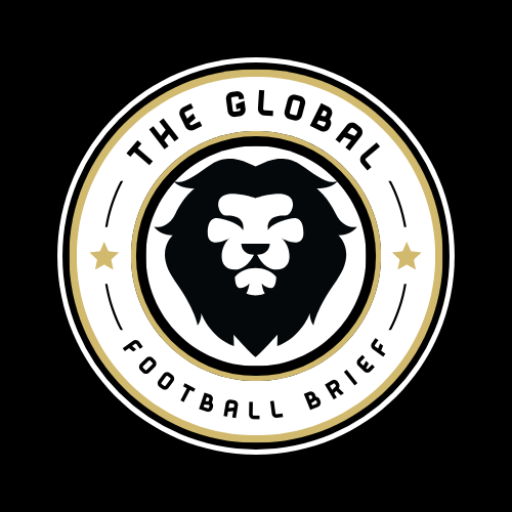Anthony Taylor Responds to PGMOL Decision to Remove Him from VAR Duties
High-profile Premier League referee Anthony Taylor has offered a measured response following the Professional Game Match Officials Limited (PGMOL) decision to remove him from his VAR duties amid recent controversy. The recent decision comes in the wake of ongoing scrutiny over the performance and decisions made by referees and their assistants, especially regarding the application of the Video Assistant Referee (VAR) technology.
Context of the Decision
Anthony Taylor, who is well-known for officiating in some of the biggest matches in English football, has been under intense examination after a series of contentious calls. The decision by PGMOL to relieve him of his VAR duties means he will not be involved in that capability for the foreseeable future, although he may continue in his role as an on-field referee.
Details of Taylor’s Response
Taylor expressed understanding regarding the PGMOL’s stance. According to him, the decision to move away from VAR responsibilities will allow him to focus more on on-pitch decisions. He also acknowledged the difficult nature of the role, stating that any mistakes made in the capacity of VAR are subject to intense scrutiny and can overshadow the positive impacts of the technology on the game.
In his statement, Taylor assessed his tenure and contribution towards VAR, pointing out the challenges involved in ensuring fair play while overseeing the game clock and stress of real-time decision-making. He remained optimistic about improving technology and its implementation, highlighting how it assists referees in making more accurate and fair decisions.
Reaction and Implications
PGMOL’s decision is part of a broader initiative to keep the standards of officiating high in the Premier League, following increasing demands from clubs, players, and fans for more consistent and accurate decision-making. The move has sparked varying reactions within the footballing community. Some view the decision as a necessary recalibration to enhance the credibility and efficiency of VAR, while others see it as an overreaction that undermines the experience and capability of experienced referees like Anthony Taylor.
The incident has led to a broader discussion about the training and evaluation of referees, the need for transparency in decision-making processes, and the ways in which PGMOL can support and improve the working conditions and performance of officials.
Taylor’s Contributions and Professionalism
Throughout his career, Taylor has officiated numerous pivotal matches in the Premier League, European competitions, and international tournaments. His professionalism, commitment, and proficiency have been largely praised. Taylor’s willingness to engage constructively with feedback and the evolving nature of football refereeing is seen as testament to his dedication to the sport.
While the recent developments mark a significant change in his duties, Taylor remains an influential figure in English football officiating. The PGMOL has emphasized that their decision to focus his attention more on on-field responsibilities is an adjustment rather than a demotion, underlining his continued importance to the officiating roster.
Future Prospects and Developments
As Anthony Taylor transitions away from VAR duties, all eyes will be on PGMOL’s subsequent appointments and their impact on the game’s integrity. This move hints at potential reforms and a re-evaluation of the use of VAR, aiming to balance technological aid with human judgment.
Anticipation surrounds how this decision will influence refereeing standards and VAR implementations in the coming seasons. Both fans and experts hope that these actions will lead to more coherent and transparent decision-making, ultimately enhancing the viewing experience and fairness of the sport.
In conclusion, Anthony Taylor’s response to the recent changes reflects his professional ethos and readiness to adapt in the fast-evolving landscape of football officiating. As the PGMOL navigates new strategies and adjustments, stakeholders across the sport await their overarching impacts on the game’s future.
